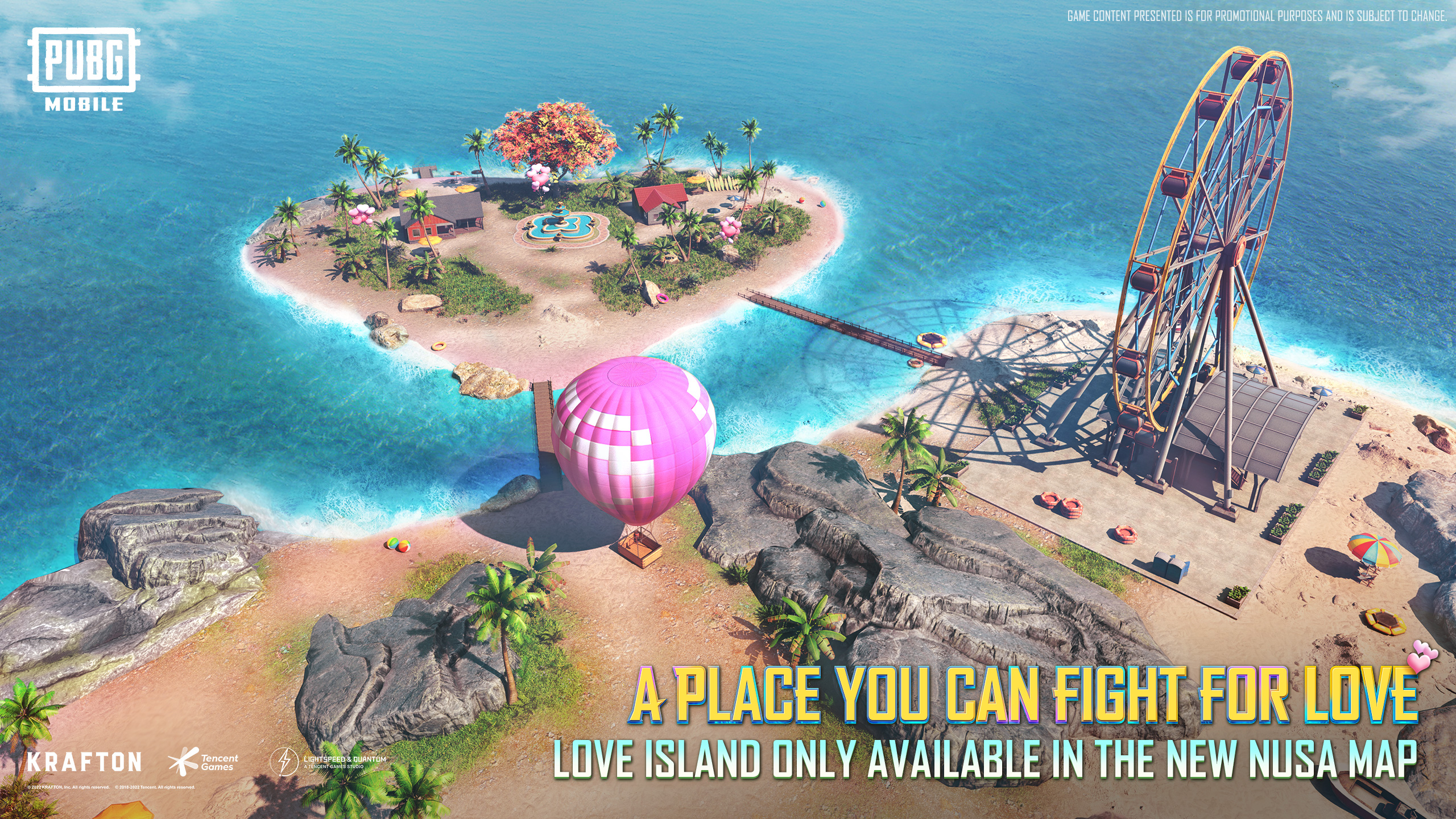PUBG maker sues mobile clone, Apple, Google for copyright infringement


Shortly just after the 2017 release of PlayerUnknown’s Battlegrounds (PUBG), creator Brendan Greene publicly aired his exasperation at just how many builders were releasing shameless clones of the game’s then-special battle royale idea and how difficult it was to stop those people copycats. Now, PUBG‘s Korean publisher Krafton has filed a lawsuit versus one PUBG clone it claims has engaged in “rampant, willful copyright infringement” of the common activity.
In the lawsuit, Krafton alleges that cellular hits No cost Hearth and No cost Hearth Max “extensively duplicate several elements of Battlegrounds, the two separately and in mixture.” Individuals games attracted more than 100 million day-to-day consumers at the finish of 2020, in accordance to the lawsuit, and brought in the bulk of Singaporean publisher Garena’s far more than $2 billion in revenue for that 12 months.
Krafton also would make Apple and Google party to the fit for listing the infringing video game in their cellular app stores and for disregarding a modern ask for to take them down. In addition, Google is allegedly liable for internet hosting YouTube video clips displaying Free Fireplace‘s infringing gameplay on its service.
Look and come to feel
Proving copyright infringement in games can be tough, as we just lately talked about when wanting at a wave of Wordle clones on the iOS App Shop. Whilst the certain “expression” of a game’s audiovisual components (i.e., its over-all “glimpse and feel”) can be copyrighted, gameplay mechanics and general concepts are ordinarily not secured underneath US legislation (though there can be exceptions when lots of gameplay features are copied specifically and in live performance).
Krafton’s lawsuit consequently goes into good depth laying out unique and typical factors of PUBG that it claims are illegally copied in Totally free Fire. That incorporates every little thing from weapons and weapon attachments to armor, clothing, equipment, backpacks, and even “the over-all preference of color strategies, materials, and textures.” PUBG‘s unique creating patterns also arrive into participate in, for the reason that, the lawsuit claims, “although buildings have been utilised in prior game titles, the façades and layouts of the properties in Cost-free Hearth are strikingly comparable to those in Battlegrounds.”
Krafton also notes the similarities amongst the maps in the two game titles, both of which attribute “a graveyard, a port with shipping containers and a crane, a Southeast Asia coastal village, a taking pictures vary, a smaller village, a farm, an airstrip, and a trestle bridge foremost to a massive adjacent island, amongst some others.” PUBG‘s in-video game village of “Pochinoki” is even mimicked by a village in Totally free Fire named “Pochinok,” the lawsuit claims.

Even allusions to PUBG‘s famous “Winner Winner Chicken Dinner” victory information can be symptoms of copyright infringement, according to the lawsuit. In Free Hearth, the match shows a roast chicken on screen for a profitable player, allegedly showing that “Garena copied Krafton’s expressive use of a rooster supper theme to designate victory the place other depictions could have been applied to inject pleasure and whimsy into a match upon successful.”


